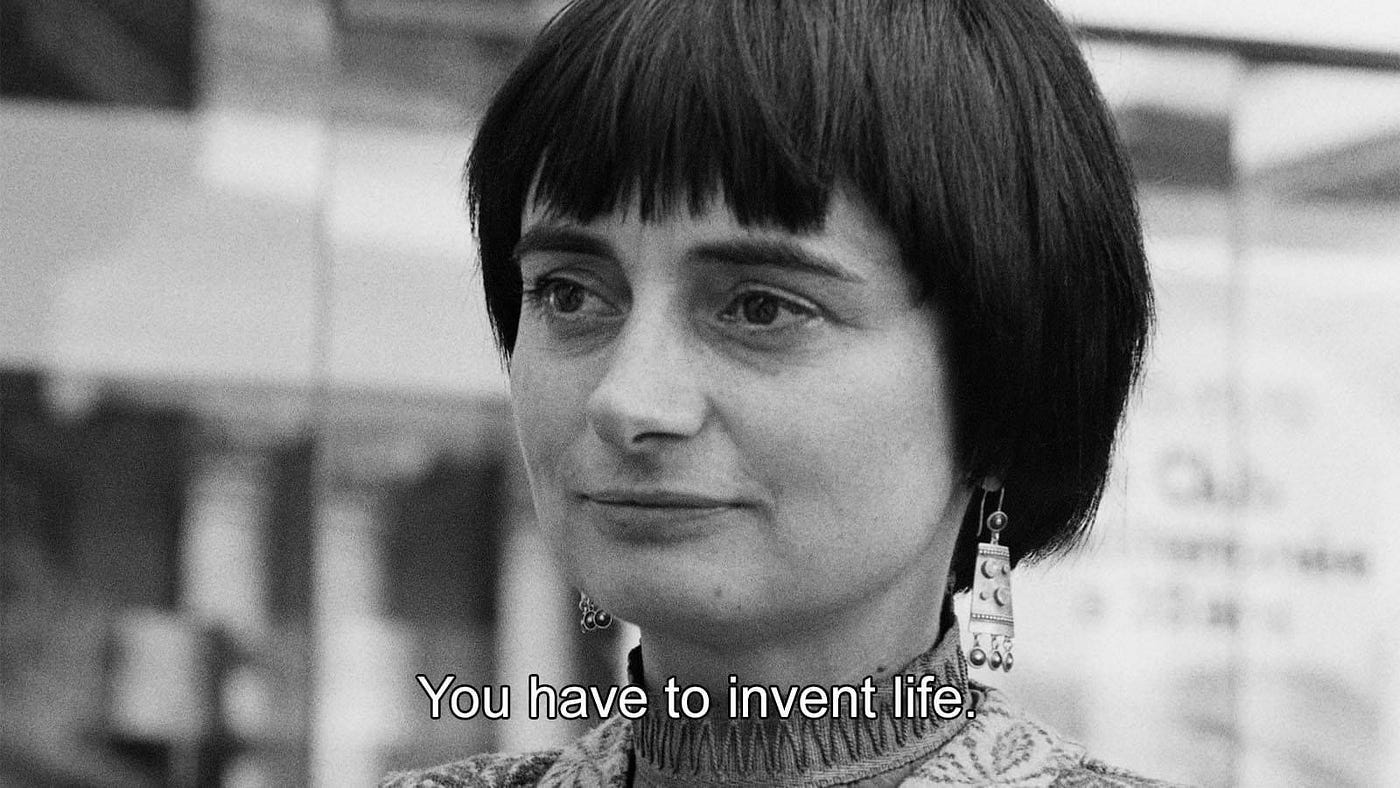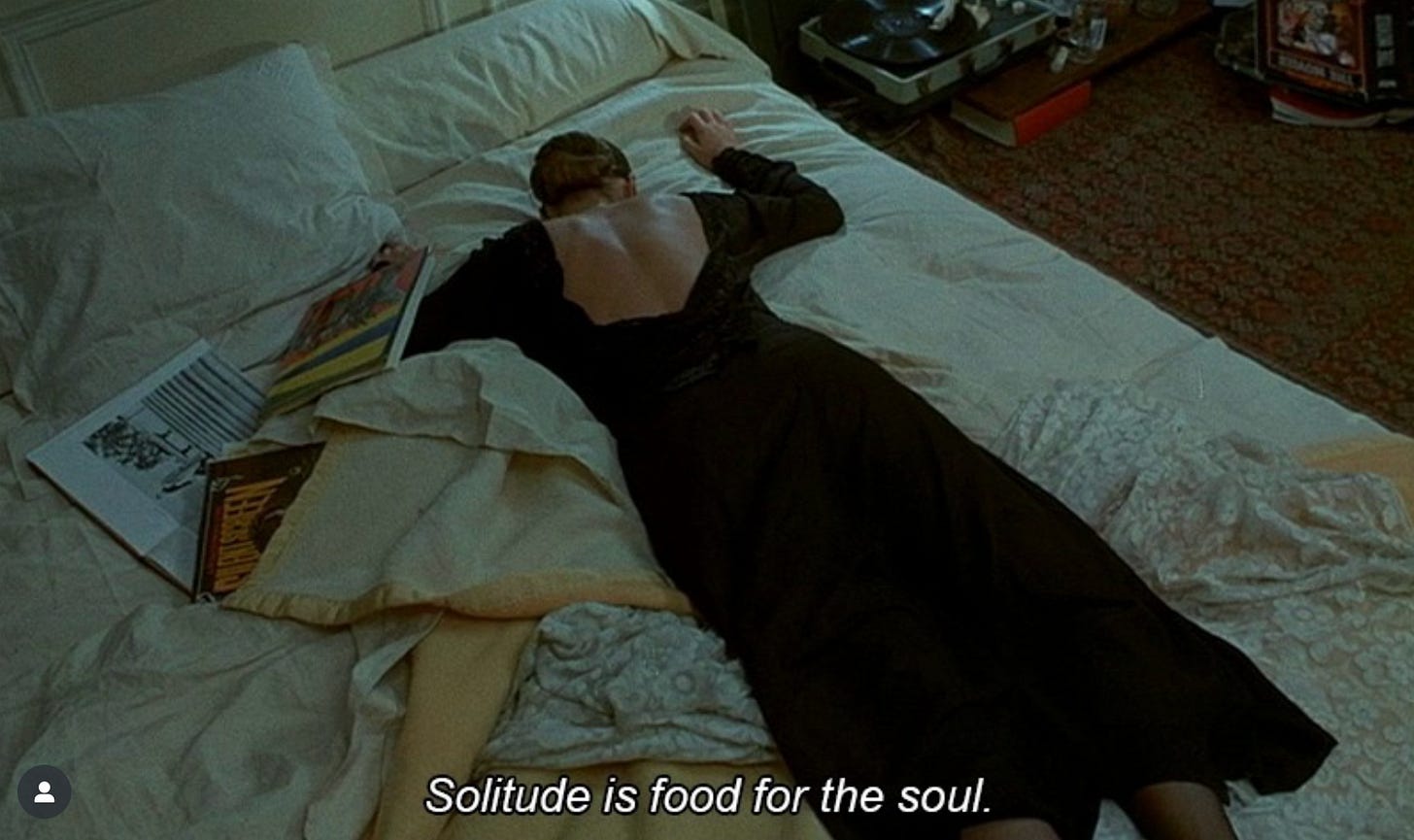I don’t know at what point we lose our sense of childlike wonder. If there’s one pivotal moment when the world becomes a little duller and imagination requires effort instead of instinct. I suppose it’s different for everyone.
But at some point in our adult lives, this shift happens. Unless we actively take time to unravel our own hangups and limitations, to branch out of our routines and try new things, we drift farther and farther from our inner child with each passing day.
We lose the art of play.
I’ve always believed that books find you when they’re meant to. I’ve had books sit on my shelf for years before suddenly calling to me at the exact moment I needed them. I’ve stumbled on forgotten titles on free shelves that offered precisely the wisdom I didn’t know I was looking for.
There’s something magical about art and the way it finds us when we most need it, so long as we remain open.
That’s what happened with The Artist’s Way. I’ve had this book for almost ten years, carrying it with me from Chicago to Los Angeles to Paris. I’ve started and stopped it more times than I can count, always gleaning nuggets of wisdom but never quite managing to finish.
I’d heard it quoted by so many artists I admire; from actors Jenna Fischer and Kerry Washington to musicians of all ages—Olivia Rodrigo recently talked about the importance of morning pages, and legends Pete Townshend and Alicia Keys swear it got them out of creative ruts.
I knew there must be something profound I was missing by not “going all in” and completing the twelve-week program.
Now that I finally have, I think I know why it was so hard to commit. Deep down I was resistant to the idea of surrendering, to admitting I needed guidance on this artistic path I’ve chosen.
It’s scary to face your creative blocks, which this book forces you to do. To reflect on your life and examine the “creative u-turns” you’ve taken, the ways you’ve shied from your dream and convinced yourself out of it. To examine all the external and internal influences that either feed or drain you.
Getting brutally honest with yourself is never easy, and the tasks in this book demand you do exactly that. The process can be uncomfortable but also deeply clarifying.
What changed my perspective most, though, was how essential play is to creativity. As Julia Cameron writes:
“Creativity lives in paradox: serious art is born from serious play.”
Since moving to Paris and committing to the course (admittedly over six months, not twelve weeks but hey, good things take time), I’ve seen a life-changing shift in how I approach play.
Whether that’s in listening to a podcast and baking just for the sake of it or going for a walk with my phone off and zero outside influences, simply taking in the scenery. The key is to let curiosity set the pace instead of productivity. To find the joy in doing small, aimless things that have no “point.”
When Cameron wrote The Artist’s Way in 1992, social media didn’t exist. I’ve tried to keep that in mind while reading, because today “play” can so easily feel performative.
Play to your audience, let people into your process, promote your creativity, showcase what artsy thing you’re doing! You know it, I know it—we’ve all done things partly for the feed.
But to truly reconnect with your inner child and therefore your artistic self, you have to find play that’s for you, not for an audience. It seems counterintuitive, but disconnecting is integral to connecting with that child-like freedom and spark again.
In this day and age it can be rare to do things without posting or to go somewhere and be unreachable for a few hours. But when no one knows what you’re doing or why, that’s the sweet spot when your brain loosens its grip and creative visions wander in quietly.
Often these ideas have been swimming in the mind all along, but distractions have gotten in the way of them surfacing.
For a long time, I think I was waiting for someone to give me an opportunity, or for the perfect scenario to appear before I could create. Part of being an actor is feeling like your career depends on other people, that it takes someone else’s “yes” to get you somewhere.
But one of the biggest lessons I’ve learned through The Artist’s Way is to create a sense of play within the current confines of your life and not let it be contingent on others. Not to wait for the “perfect moment” or scenario to execute an idea because it may never come, and you’ll spend so much time waiting.
That same lesson has appeared in other places, too, which I don’t think is a coincidence. I went to an exhibit about Agnès Varda, the French filmmaker, who once shot a film entirely in her apartment courtyard because she was raising her children and couldn’t go away to set each day. So she made a story that could exist right where she was.
I’m also reading A Gentleman in Moscow by Amor Towles, about a man confined to a single hotel for decades, who still manages to live fully inside those walls. Though it’s a fictional story, it’s reminding me that there’s so much to notice, even in one room, if you’re paying attention.
As a child, the world immediately around me felt enormous. The trees in my backyard held entire universes. My friend’s trampoline was a stage for elaborate performances and trick competitions.
Midwest basements were the building blocks of countless dreams. I think of all the late night sleepovers with our heads pressed together, fully taking in a movie, or choreography sessions for no reason other than joy and learning some new moves (Crank That Soulja Boy, anyone?)
Somewhere along the way, everything became so serious. I started believing that inspiration had to come from elsewhere, and that it would take a change of scenery or spending money in order to find it. But play doesn’t have to be so complicated, and shouldn’t be a source of stress.
Don’t get me wrong, travel and novelty expand us, and there are few things I love more than taking myself out to a cafe or wine bar and people watching, creating stories from what I observe.
But the art of play is about finding delight in what’s already here, and I believe it’s something we’re born knowing and must later reclaim.
If you’re considering The Artist’s Way, I can’t recommend it enough. I think different lessons from the book resonate depending on where you are in your journey, and that’s one of the coolest parts about it.
But if you never pick up the book, that’s fine too. The key takeaway is this:
The art of play is already inside you! And also this:




